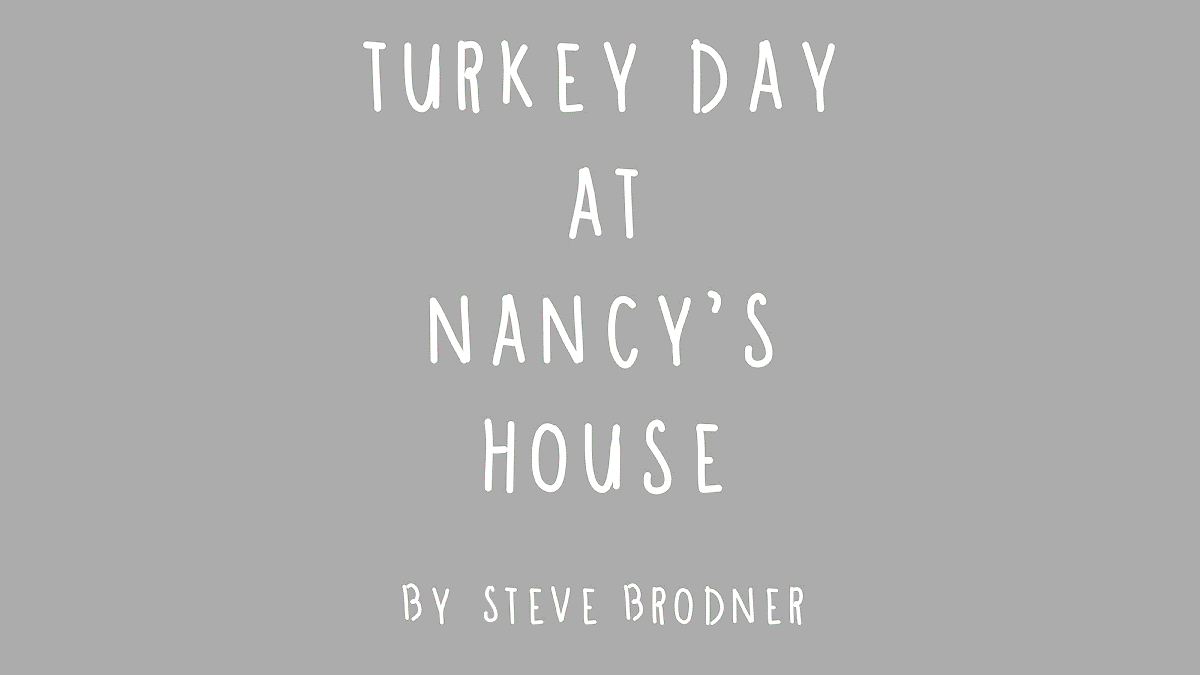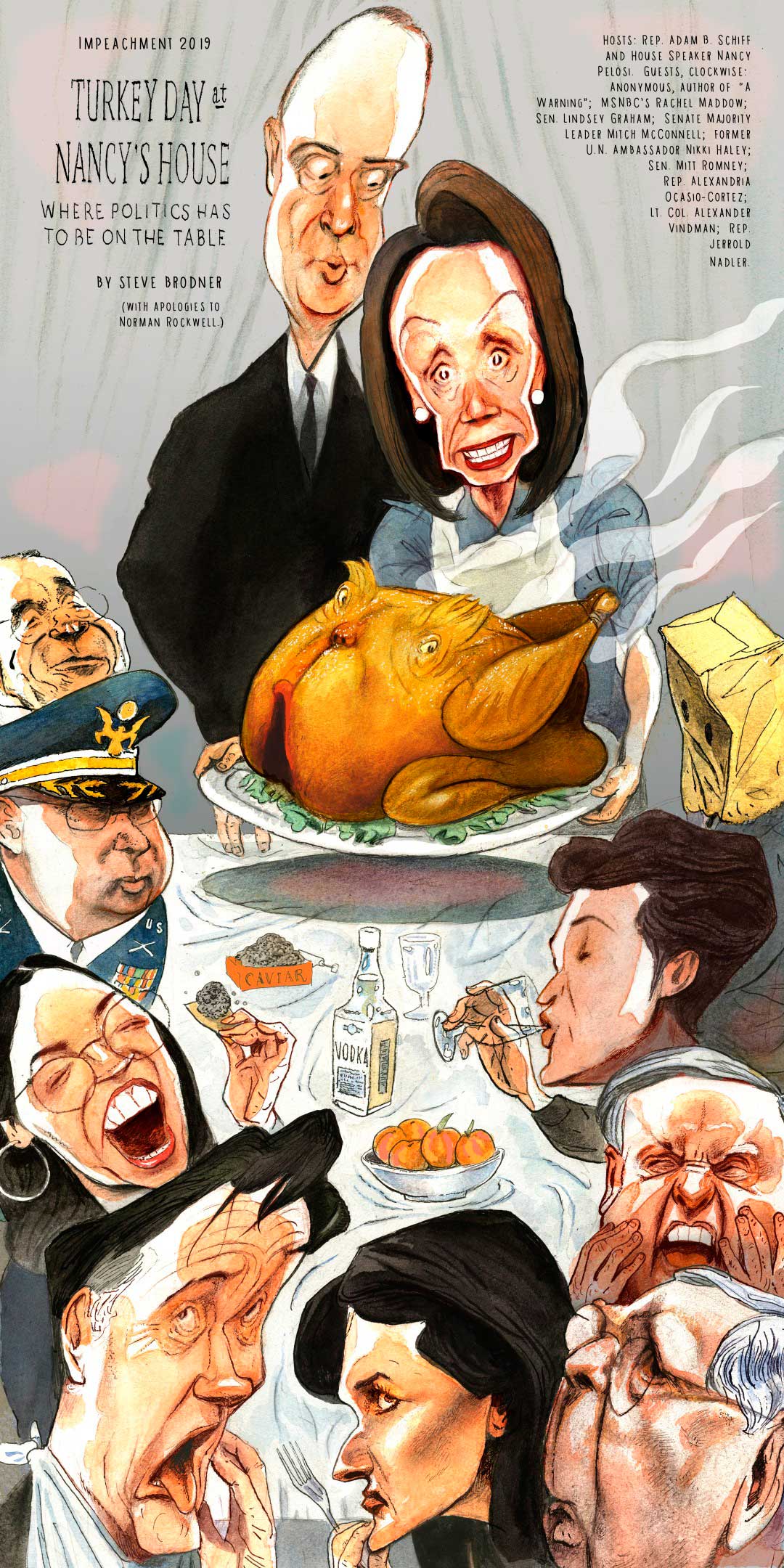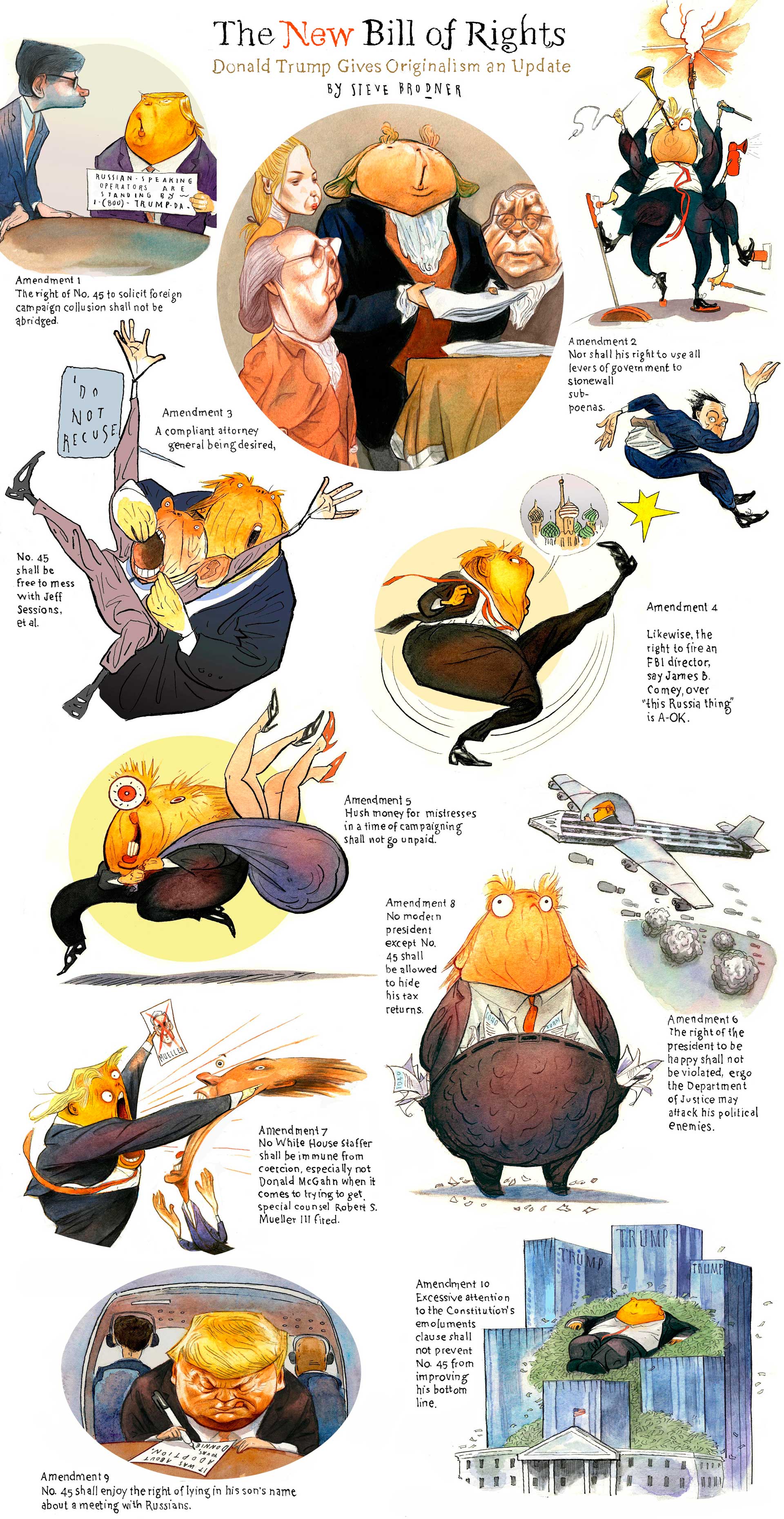Bradley Manning
I was on my way home on April 9, 2011, when I stumbled into the New York Anti-War Protest passing by my building. Having never taken part in anything like that before, I decided to walk with these thousands of people for a couple of blocks, and listen to what they were rallying about. The first person I spoke with was a woman with placards reading ‘Free Bradley Manning’. Embarrassingly, I knew nothing of this young US Army intelligence analyst, who allegedly leaked thousands of classified, top security-level videos and information to the website Wikileaks, and was shocked to hear of his seemingly unfair imprisonment. Later, after having gone home and researched his actions and current situation, I realized that his ‘issue’, like any issue, was not as black or white as it was first presented to me. Yet, what seemed definitely wrong was the fact that Manning was imprisoned in awful conditions, and was being denied a right to trial. At the time he had been held in solitary confinement for one year, since May 2010, for over 30 charges some of which are punishable by life in prison or even the death penalty, and this has been ongoing, with no trial date set yet. According to US Uniform Code of Military Justice, the accused must be brought to trial quickly, and with the least rigorous confinement to ensure his presence at a trial. Past cases of extended periods of solitary confinement have clearly resulted in lasting social dysfunction and brain malfunction similar to severe head trauma. Manning had been held in solitary confinement without reprieve for over a year. Clearly Bradley Manning’s case does not fit the description of adequate treatment by US law, let alone international human rights law. Who knows what kind of damage the government has done in making an example out of him? I felt strongly enough about the issue, and felt connected enough to this young man who was the same age as me, to want to make a piece of art in connection to it, and that is the silkscreen I came up with. I had intended to keep the piece fairly ‘neutral’ in terms of my opinions on his alleged actions, and wanted to mostly focus on his unfair treatment by the government.
Recently I have tried to reconsider my position on Bradley Manning, and to decide how I feel about his situation, supposing that he did release that information to Wikileaks. On the one hand, Mr. Manning is portrayed as a brave, whistle-blowing hero who believed in letting the American civilians, and the rest of the world, see a hidden side to war, and to see a little closer to the truth of what is going on in Iraq, and how American military operations are being conducted. On the other hand Mr. Manning is shown as a frustrated and lonely young man who used his access to classified information to make himself feel empowered and wanted in a bad period in his life, and in so doing broke the contract he had signed in his engagement to the military, thereby breaking the law as well as placing the American people at risk, with no real notion of the consequences of his actions. These are the ways that Bradley Manning is described. I have not met him. I do not know and cannot know for sure the reliability of these sources of information. From what I hear people have died because of him giving up the information he did, but other people have probably also been saved for the same reason. I am not in a position to tally up the specific ‘pros and cons’ of his actions- that would be for a court-martial to decide. Yet perhaps now the question of a mistrial should be brought up, for Mr. Manning’s case has been so broadly publicized and has garnered such interest that the specifics of his trial could not possibly be ‘fair’ any more. And in Manning’s actions the question of ‘freedom of information’ comes up: do people have the right to all and any information? Or is there some information that is best left for certain eyes only, for the interests and safety of those very same people? But then again, if governments are allowed to keep certain information secret, how do people keep their governments from committing actions they do not support? By showing footage of a personal, real-time perspectives of murder in war, Manning has shown the irony that exists when the government persecutes civilian murderers but rewards the same actions when done under the label of ‘war’.
One young man has brought up a lot of questions. What is still clear to me though, is that Bradley Manning should not have been kept in solitary confinement. His case questions America’s current treatment of prisoners, use of the death penalty and torture as well as its military policies. Last week the Washington Times stated that the hearings for Manning’s pre-trial would soon begin. My hopes are that he is tried as fairly as he can be, and is not used to set a standard for future whistleblowers. However, assuming he committed the crimes that he is accused of, I still see Manning as both dangerous and necessary. Dangerous, because, from what I read it doesn’t seem like his intentions were entirely for the public’s benefit, or carefully planned (and at twenty-two, after only one month spent on duty in Iraq, how can he completely understand the full implications of his actions). And necessary, because without whistle-blowers, the government would risk becoming totalitarian. Lastly, what were the effects of this whole case? One thing it does seem to have influenced is the Obama administrations’ inability to extend their ‘welcome’ in Iraq, and that US troops will return at the end of 2011. Furthermore, after the collateral murder videos cast America in a very poor light, Iraq might return to an un-occupied state, but has Middle Eastern disgust with the US increased at the same time? Probably. Will this result in more violence from religious extremists? Perhaps. But some say that if Manning was the ‘criminal’ he is accused of being, he would also have influenced the Arab Spring protests, and influenced revolutions worldwide in search of fairer governments.
I’m still unsure of my feelings toward the specific actions that PFC Bradley Manning is accused of having committed. I can’t help but see both sides of the coin. But I can still relate to him, and empathize for him, as a young man my age, living a year of his life as no one should have to.
Maëlle is a French and Swiss illustrator who has lived all over the world, from New Jersey to New Zealand. She obtained a Bachelor’s degree in Architecture from the University of Nottingham in 2008, and is currently in the MFA Illustration as Visual Essay program at the School of Visual Arts. In her spare time she enjoys roaming the streets and subways of New York and performing improv throughout the city.
http://www.bradleymanning.org/
http://www.law.cornell.edu/
http://www.law.cornell.edu/




